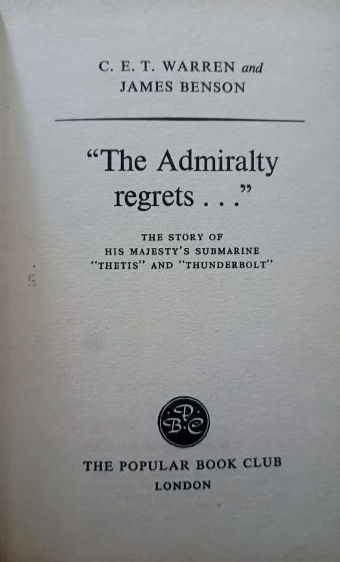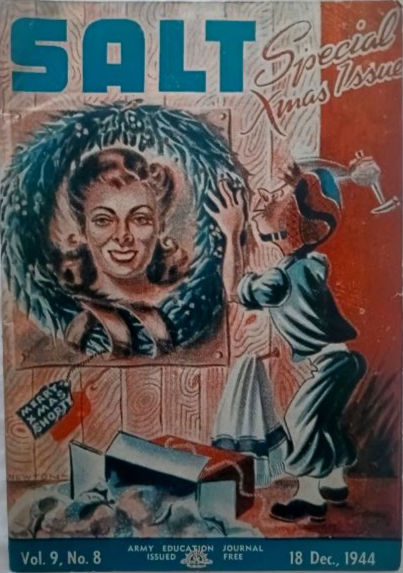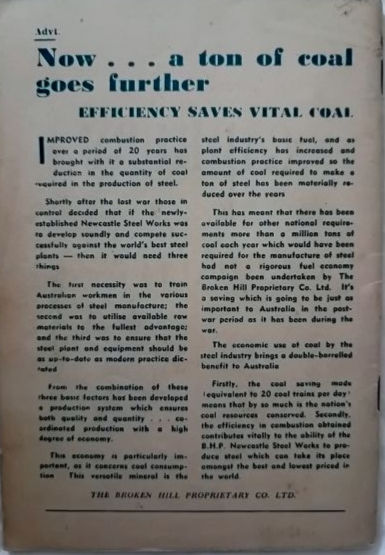60 Days That Shook The West: The Fall Of France (1963) By J. Benoist-Mechin
Early in the morning of May 10, 1940, Adolf Hitler launched a torrent of steel and fire upon France, Belgium, and Holland, in one of the greatest military assaults in history. Led by tanks and dive bombers using the new concept of `lightning war,' his multiple columns flashed like great talons across northern France and the Low Countries. Cutting the defending armies to pieces, dividing and surrounding them, they littered the countryside with burning villages, jammed the roads with fleeing refugees, brought the Belgians to surrender, drove the British to their evacuation at Dunkirk, and swept down over the paralyzed formations of the French Army to enter Paris and occupy two-thirds of the country. All this while, the Allied political leaders and high commands were struggling desperately and unavailingly to check the deluge and save what they could from the enormous wreck. In sixty days it was all over; the France that the world had known had been destroyed, the illusions shattered, a new age begun.
SIXTY DAYS THAT SHOOK THE WEST is the first definitive history of the fall of France in the late spring and early summer of 1940. Written with clarity, scope and a rigorous attention to detail by an experienced military historian, it ranks as the classic account of that devastating campaign: covering in detail all military and political developments of each of its sixty days, from May 9th, when German frontier military formations were ordered to stand by, through the capitulation of France and the establishment of the Vichy regime; casting new light on many key points of history, from the extent of the British contribution to the defense of France to the tragedy of the French fleet's destruction at Mers-el-Kebir; re-creating the great events and the great historical figures, from Petain, Rommel and Laval to the relatively obscure colonel whose unit accomplished the sole clear-cut French victory of the entire campaign, Charles de Gaulle.
An interesting account of the collapse of France in 1940 written very much from the French point of view. There is a minimization of the English contribution and to some extent this is justified. But it was very hypocritical of the French to ask, towards the end, for more English air squadrons while making inquiries for an armistice with the Germans.
- Hard Cover with Dust Cover
- 559 Pages
- In Fair Condition
































